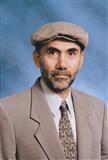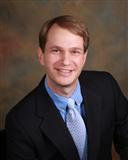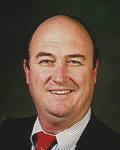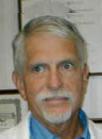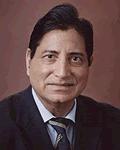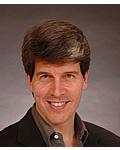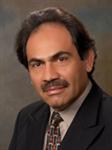Forensic medical practice consists in the study of objects forensic medical examination, which are: living persons, dead bodies, physical evidence of biological origin, materials of the criminal and civil cases.
Questions of forensic medicine
- Health disorders, and death from the effects of mechanical factors;
- Health problems and death from acute oxygen starvation;
- Health disorders, and death from the effects of chemicals;
- Health disorders, and death from the effects of physical factors;
- Forensic examination of living persons;
- A forensic examination of corpses;;
- Forensic examination of physical evidence of biological origin;
- Forensic medical examination based on criminal and civil cases.
Research Methods in Forensic Medicine
In Forensic Medicine are widely used general research methods that apply in other branches of medicine. Thus, when examination of living persons is widely used survey, inspection, laboratory and instrumental methods of investigation, having distribution in different clinical specialties.
In addition, Forensic Medicine developed special methods: methods for determining species, group, gender, and regional origin of the blood, as well as the inspection of objects in ultraviolet light to detect traces of sperm, microscopic examination of different morphological features hair, cytological studies of isolated cells, particles organs and tissue and many other methods.
Forensic expert, his rights and obligations
Forensic experts - doctors, that have received appropriate training and are constantly improving their expertise, are a category of officials.
Forensic expert is obliged to participate in the investigation and court hearings on call the person conducting the inquiry, the investigator, prosecutor or court, and to give an objective opinion on the matters put before him, but within its competence.
The medical examiner has the right to examine the materials of the case, to be present during the interrogation, the investigative experiments and other investigative and judicial actions, ask questions for interrogated, to refuse to give an opinion if the questions go beyond the competence of the experts or if the materials of the case are insufficient to produce an objective and complete conclusion.
hide
 Forensic medicine - is a medical science, who studies and resolves issues of medicine, biology and natural sciences, originating in judicial and investigative practice.
Forensic medicine - is a medical science, who studies and resolves issues of medicine, biology and natural sciences, originating in judicial and investigative practice. 